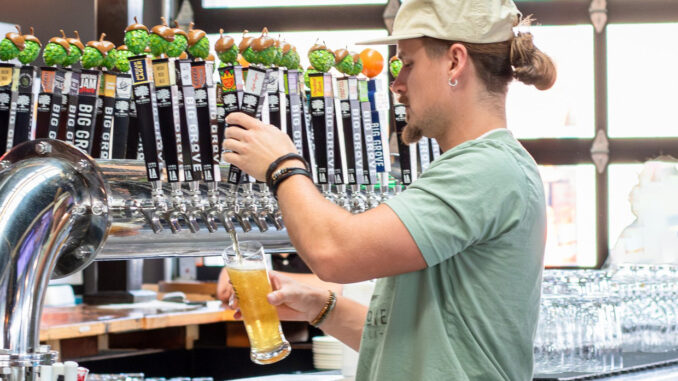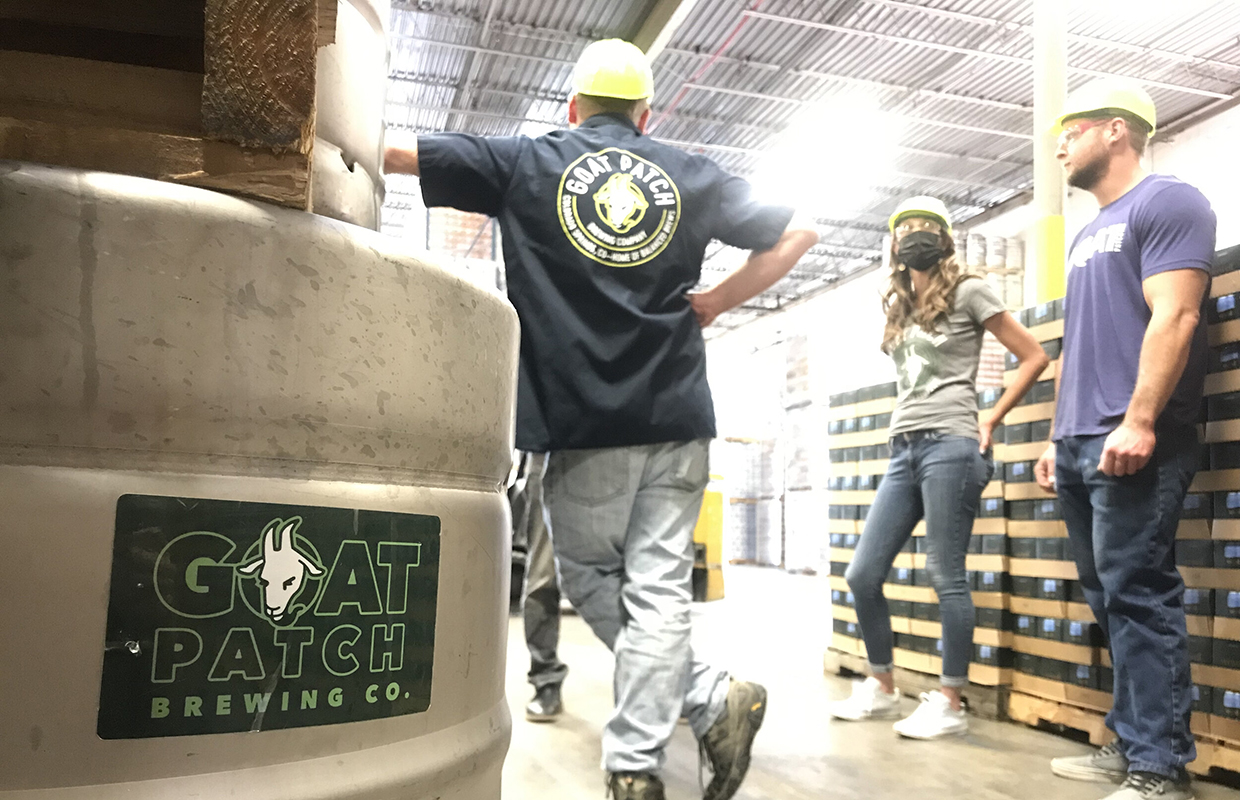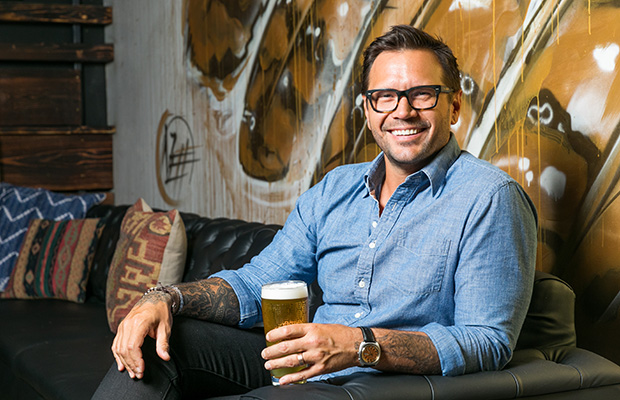
Few things impact a guest’s perception of a brewery more than the service they receive across the bar. Whether it’s a regular showing up after work or a tourist popping in for a flight, the way staff and leadership respond to compliments, confusion, or complaints can directly shape loyalty, word-of-mouth reputation, and long-term growth. With tighter margins and more discerning customers, taproom service should never be an afterthought, but a strategic focus.
Many have shared with Brewer that viewing guest feedback is not just anecdotal commentary, but it should be used as critical data to improve your taproom’s operations, while a key importance should be weighed in to training staff along with reinforcing brand values. Mind you, customer service isn’t about being perfect. Instead, it’s about being present, listening well, and owning the experience.
Feedback as a Training & Culture Tool
For Jamie Aslett, general manager of Kiitos Brewing in Salt Lake City, customer comments are one of the most important tools in team development.
“If it is positive feedback, I will use it as an opportunity to congratulate the staff member(s) involved while also letting the other staff know how or why the feedback was received,” Aslett said. When criticism arises, Aslett evaluates whether the complaint is rooted in Kiitos’ actions, or even in Utah’s often misunderstood liquor laws.
“In a scenario like this, I remind the bartenders to stay positive with customer interactions and remind them it is a state law, not a Kiitos Brewing policy,” she said.
This approach turns feedback into institutional knowledge, not just an emotional reaction. It’s also a way to develop resilience and clarity among staff.
“Should the complaint be about a product we make, I take that information to the brew staff and let them decide if action needs to be taken or not,” she added.
Chuckanut Brewery District Manager Spencer Ebel takes a similar stance.
“Whether it’s good or bad, not taking feedback personally is paramount,” he said. “Stay humble with the good, and see bad as an opportunity to further perfect your craft.”
Empathy Is a Strategic Response
Don’t think of empathy as a vague soft skill, but as a deliberate method to navigate difficult conversations and build long-term guest loyalty.
Layne Carter, chief operating officer of Aslan Brewing, said negative reviews often carry emotional weight beyond the actual incident.
“Someone is usually using Yelp or Google Reviews as an outlet for other stressors in their life,” Carter said. “If we’re in the wrong, which has absolutely happened, I try my best to make it right with an earnest conversation about where we went wrong.”
Pierre Colombel, general manager of Wynkoop Brewing, believes the words “thank you” and “I’m sorry” are among the most powerful a brewery can use.
“When someone shares a compliment, I make sure to acknowledge it with genuine appreciation,” Colombel said. “When it comes to negative feedback, I handle it with empathy and professionalism.
”Even if a complaint isn’t entirely justified, I want every guest to feel heard.”
Colombel’s mindset shows the need for the emotional part of hospitality, especially in environments where customers might conflate beer quality with broader frustrations.
His goal? Not perfection, but trust.
“Responding with something like, ‘I’m really sorry you had that experience, and I appreciate you letting us know so we can improve,’ helps turn a negative situation into an opportunity to build loyalty,” he said.
Customer Service Is a Leadership-Level Priority
Strong service doesn’t happen by chance; it’s built into your leadership structure. That means feedback isn’t just a taproom manager’s domain, but something that requires active participation from brewery executives and operations staff.
Andy Joynt, director of brewing for Big Grove Brewery, sees customer service as central to the entire brand promise.
“We know how important it is to listen to our customers,” Joynt said. “The beers we brew, the food we cook, and the hospitality we provide need to resonate with the people that are coming to see us and spend their hard-earned money.”
READ MORE: Using Customer Service, QCQA To Better Your Brand
For Joynt, a guest walking away unhappy is an urgent call to action. “We take it very seriously if someone leaves an experience with us unsatisfied. We jump on these events to turn them around and show customers we care.”
Joynt’s words reflect a broader shift: hospitality is no longer confined to the taproom floor. It’s something directors, founders, and operators need to see as part of their strategic roles and as an extension of product quality, not a separate sphere.
Are You Managing Feedback or Just Reacting?
There’s an underlying assumption running through these perspectives from recent Q&As: that feedback is available, actionable, and welcomed. But are most brewery teams equipped to handle it systematically? Can they distinguish between emotional noise and meaningful critique? And what happens when staff morale takes a hit from handling the brunt of customer stress?
Perhaps the larger question for brewery owners and managers is this: is your customer service approach reactive or proactive? Are you building a structure where feedback becomes part of your operational culture, or simply putting out fires as they come?
Improving your taproom’s service might mean developing clear channels for communication between the floor staff and leadership, investing in emotional intelligence training, or simply carving out time during meetings to recognize what’s working well. Because while beer quality matters, in a crowded market, the way guests feel during their visit often determines whether they return. And that starts not with the pint, but with the person pouring it.





